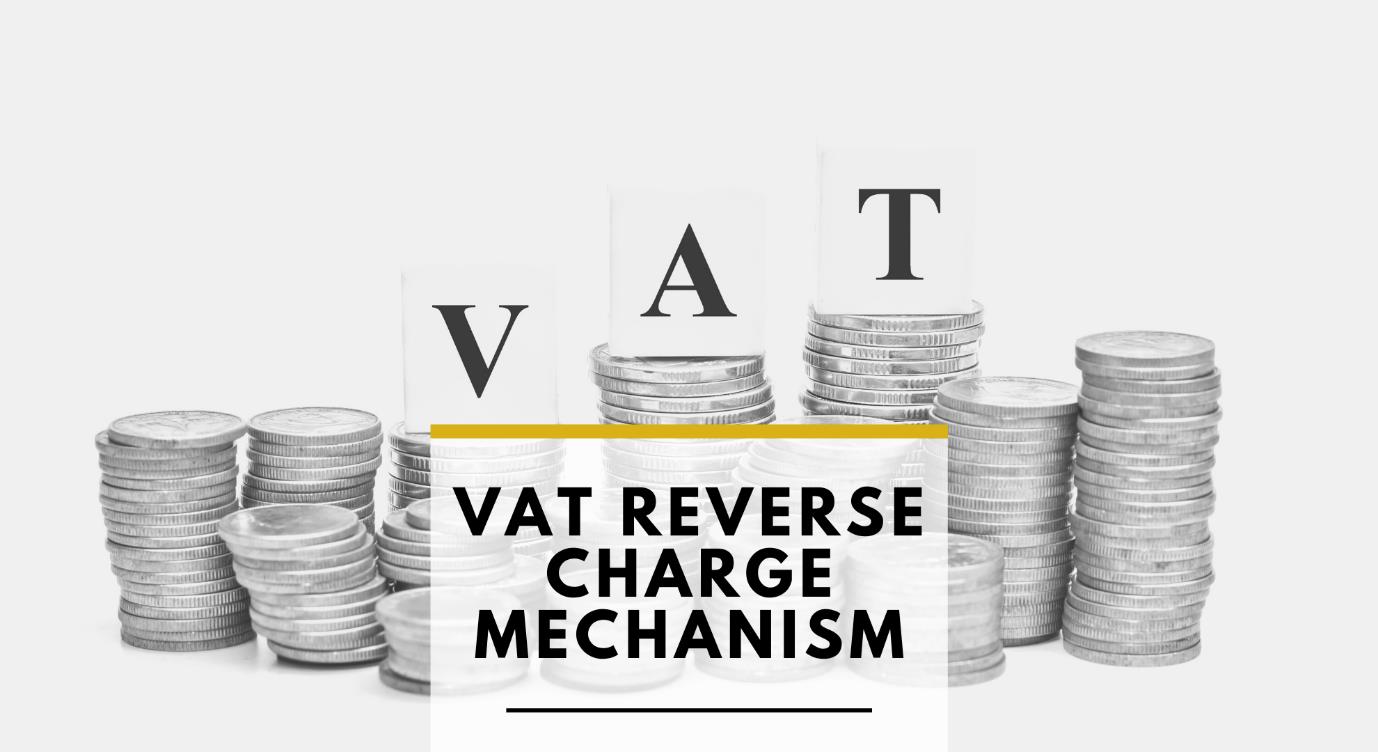Blog
VAT Reverse Charge Mechanism & Application In UAE, Bahrain, Oman & KSA
global
Even though VAT is implemented in GCC countries as per the common VAT agreement of 2016, there are quite some variations in the tax reporting requirements and procedures as per the Reverse Charge Mechanism in various VAT implemented countries especially UAE, Kingdom of Saudi Arabia, Sultanate of Oman, and the Kingdom of Bahrain. The key is to focus on businesses that are connected with one or any of these countries and understand the regulatory compliance requirements which should be met as per the law.
Many new procedures came with VAT implementation and one of the most common practices includes the requirement Reverse Charge Mechanism, its liability and reporting.
What is Reverse Charge Mechanism?
VAT is the responsibility of the supplier to collect it from the customer and pay to the government which is why it is called Forward Charge Mechanism. However, in only a few scenarios, the responsibility switches from the supplier to the customer, and this shift/liability is called Reverse Charge Mechanism.
Take a look at the supplies in different VAT implemented GCC countries where RCM is to be followed.
|
RCM Applicable transactions |
UAE |
KSA |
Bahrain |
Oman |
|
Import of Goods |
Yes |
Yes |
Yes |
Yes |
|
Import of Services |
Yes |
Yes |
Yes |
Yes |
|
Purchase of goods from a designated zone |
Yes |
No |
No |
No |
|
SUPPLY BY A TAX REGISTRANT TO ANOTHER TAX REGISTRANT FOR FURTHER SUPPLY OF – |
|
|
|
|
|
Hydrocarbons |
Yes |
No |
No |
Yes |
|
Crude or refined oil |
Yes |
No |
No |
Yes |
|
Processed or unprocessed natural gas |
Yes |
No |
No |
Yes |
|
Or use the above to produce or distribute energy |
Yes |
No |
No |
Yes |
|
Supply of precious metals with 99.9% or more purity such as gold, silver, etc. for further business between tax registrants
|
Yes |
No |
No |
No |
|
Supply by a Non-resident tax registrant to a resident tax registrant inside the state
|
No |
No |
Yes |
No |
Payment and reporting requirements
Services received from a foreign supplier will be reported as per the Reverse Charge Mechanism. Usually, in all cases, there is no need for VAT payment with respect to services to the RCM. The tax registered customer is responsible to report and mention in their VAT return and must nullify the same liability using VAT input recovery, thus making the net payable NIL.
The RCM VAT on the import of goods and services must be reported in the books of accounts. The entry for the same is mentioned below.
Purchase A/c Dr 100
Input RCM A/c Dr 5
To Party A/c 100
To Output RCM A/c 5
When it comes to goods, the treatments differ as per the country. However, there are two types of procedures adopted:
- Imports without VAT payment
- Imports with VAT payment
Imports without VAT Payment
All the countries where VAT is implemented feature special import mechanisms when there is no need to pay VAT. Rather, you can make an advance deposit at customs or keep the goods for a temporary period in designated zones for a specific period or meet the necessary conditions as per the respective authority.
In UAE, however, as per the customs suspension terms, you can retain goods at the port which is a designated zone for a particular time period. Such goods are not termed import goods as per the UAE VAT law. As such goods are to be re-exported, this mechanism helps you to prevent duty and VAT payments.
However, in other countries such as Oman and Bahrain, a deposit is considered equal to the VAT portion of the average yearly importing requirements that should be paid to avoid VAT payment for each import of goods.
Imports in UAE by a VAT registered person using their TRN code need not pay VAT at customs for clearing the goods as the imported value and the VAT liability will be already added in their respective VAT return during the VAT return filing. Furthermore, the same VAT amount can be considered credit if the import is done for business and not personal reasons which results in no additional payment.
In other countries, however, VAT is mandatory and must be paid at customs to clear the goods so that they can claim input during VAT returns. This will result in a temporary cash outflow, though.
Imports with VAT payment
All the VAT implemented countries have mandated VAT payment for goods at the customs to clear them before exporting them to all countries except the UAE. Only if the importer is not registered with VAT or hasn’t linked his TRN with customs, is VAT to be paid for imports into the UAE. The importer or the clearing agent can pay the import VAT amount on behalf of the customer for each import.
Why contact us?
Alchemist Accounting is one of the VAT service providers in the UAE. If you are looking for a firm that can help you with accounting services, then feel free to contact us today.